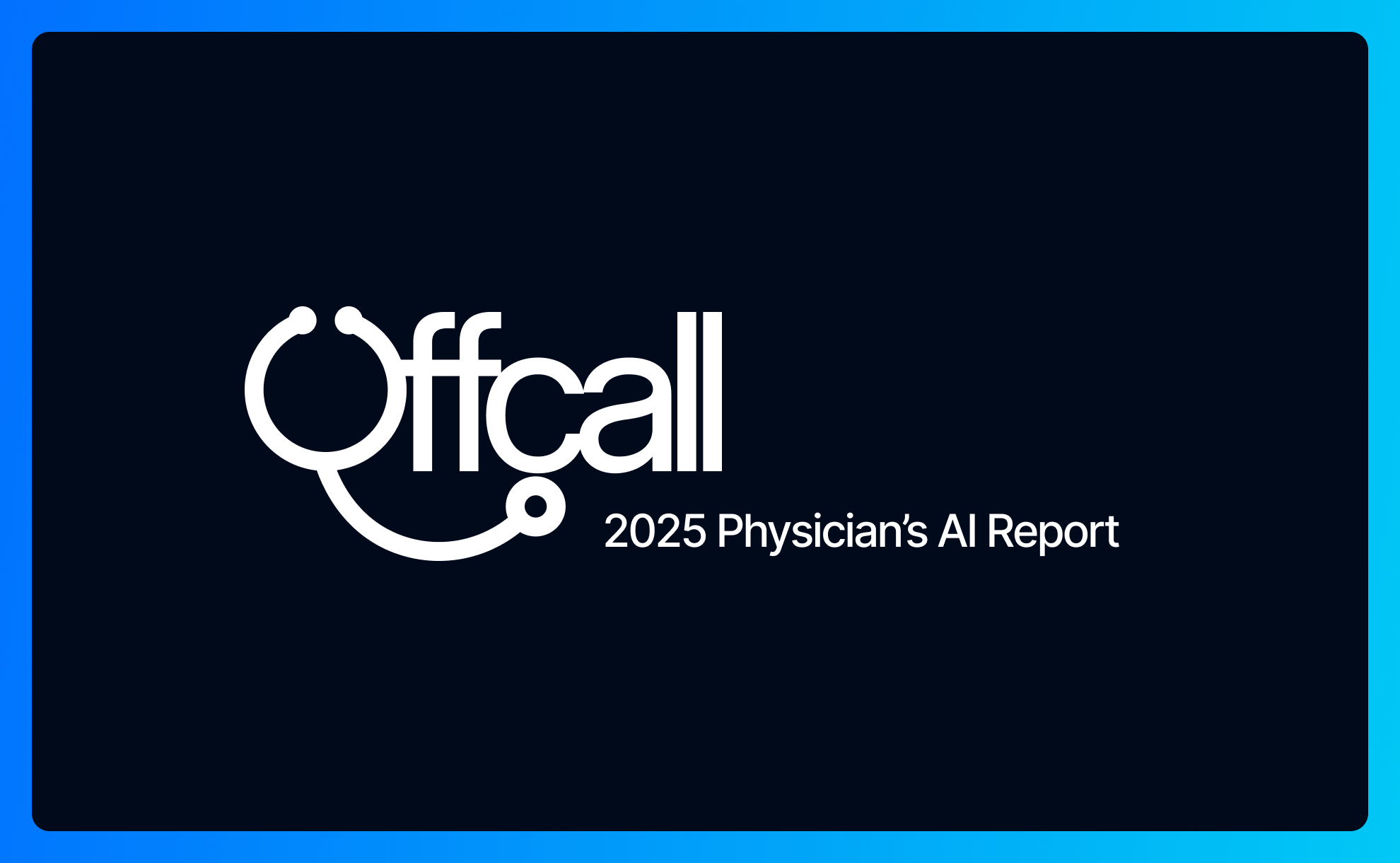
The team at University of Iowa Health Care announced today that they have been awarded a competitive grant for a multi-faceted quality improvement project that leverages Clinical Data Intelligence from Evidently to improve advanced prostate cancer care. The project is backed by a collaborative funding initiative launched by the American Urological Association (AUA), Pfizer, and Astellas earlier this year.
As the UI Health Care team writes, the goal of the project is to use multiple quality improvement approaches, enhanced by AI-based tools, to identify more individuals with advanced prostate cancer who would benefit from genetic testing. Genetic testing results can influence a patient’s medical therapy and may provide information about cancer risk in siblings, children, and other family members.
The project team at UI Health Care leverages AI summaries and AI Chat from Evidently to create a longitudinal view of a patient’s care history, taking advantage of Evidently’s ability to read and understand both internal EHR data as well as data from Care Everywhere, and unstructured data like scanned documents, imaging, and provider notes. This gives the team at UI Health Care unique insight into the longitudinal history of patients and the ability to investigate risk factors and indicators at the speed of thought.
“It is really important to know if there is a genetic reason behind a man’s advanced prostate cancer, because it could wind up saving the life of a close family member,” says Kenneth Nepple, MD, associate chief health information officer and urologic oncologist at UI Health Care, as well as the principal investigator for the project. “If there is a genetic mutation that is shared among siblings or children, we can do more targeted screening and intervene earlier.”
Prostate cancer is a significant health issue among men, with up to 10-15% of advanced prostate cancer patients having germline mutations. Yet genetic testing rates for men with advanced prostate cancer remain low, with national rates hovering around 15%.
“The first hurdle we have to overcome to improve testing rates is making it easier for physicians to identify patients who qualify for genetic testing,” says Dr. Nepple. “It can take physicians hours to review all documents in a chart to identify eligible patients. That’s where the AI component comes in, helping to scan the electronic health record (EHR) and flag patients for the physician.”
We’re proud to be able to support the work of such a talented group of clinicians at UI Health Care, and the work they’re doing advancing research in this field with AI.


